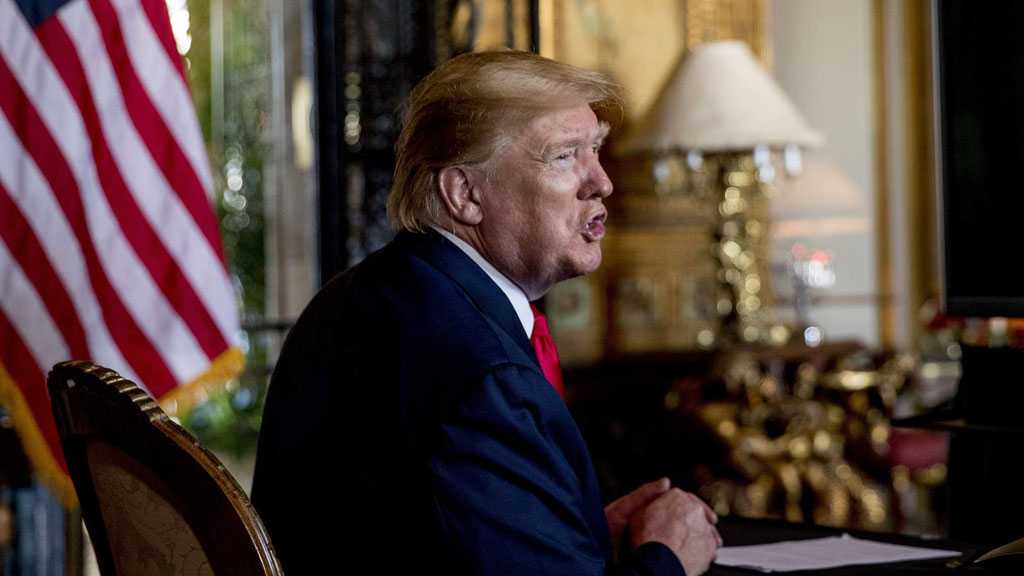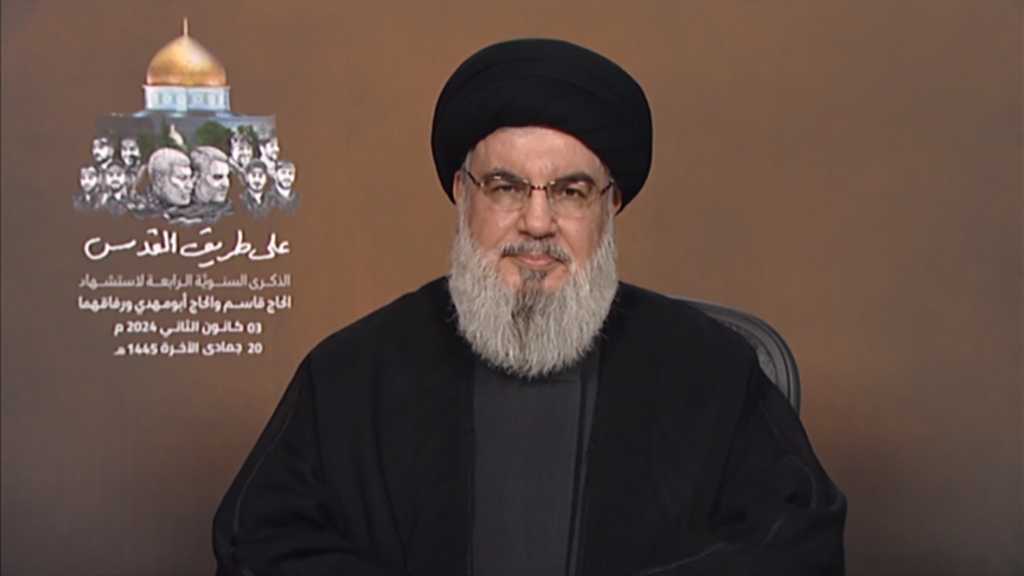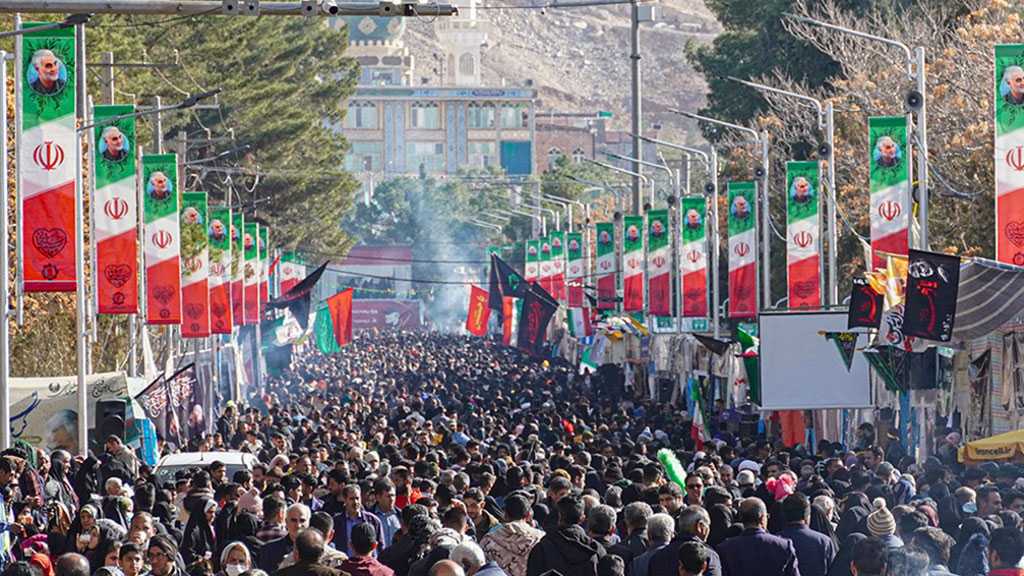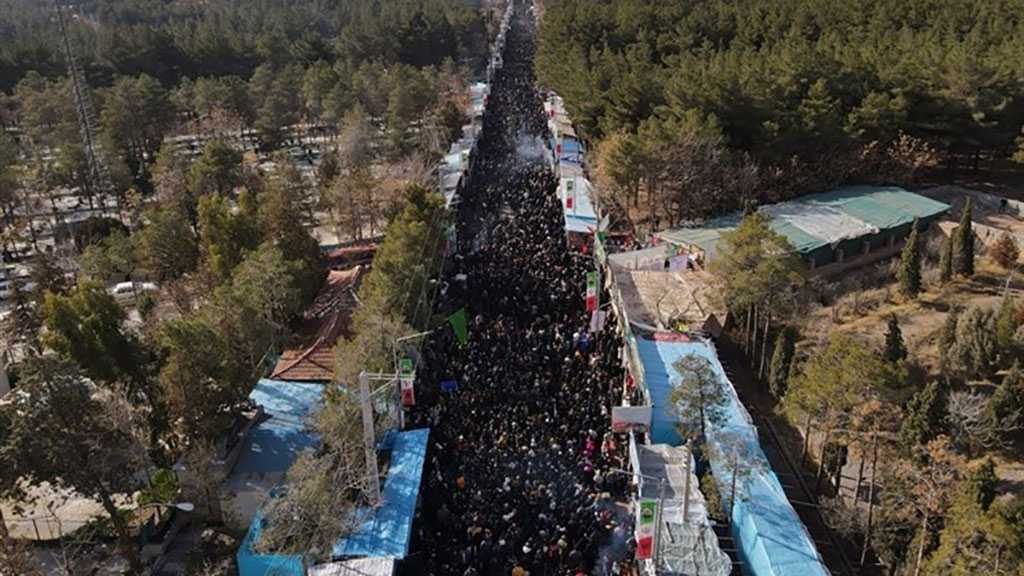US Military Officials Divided Over Potential for Iranian Attack on Eve of Martyr Soleimani’s Anniversary

By Staff, CNN
The US flew nuclear-capable B-52 bombers to the Middle East Wednesday in the latest show of force directed at Iran, as its military officials remain divided over the risk posed against the US ahead of Iran’s top anti-terror commander Lieutenant General Qassem Soleimani’s assassination anniversary by a US drone near Baghdad International Airport while he was on an official visit to Iraq a year earlier.
Pentagon officials claim that the military muscle-flexing is meant to warn Tehran off attacking American interests or personnel in the days surrounding the January 3 anniversary.
At the same time, acting US War Secretary Christopher Miller decided Wednesday against a push to extend the aircraft carrier USS Nimitz's deployment to the Persian Gulf, sending it out of the region in an explicit de-escalation signal to Iran, according to a senior military official.
The conflicting messages could reflect divisions within the Pentagon, where a second senior official told CNN that the current threat level from Iran is the most concerning one they have seen since Soleimani's assassination. Officials cite new intelligence that Iran and its allies may be plotting attacks against US forces in the Middle East. For example, Iran has been moving short range ballistic missiles into Iraq, prompting the US to deploy additional military assets to the region, according to CVV.
Yet others in the Pentagon contend that the threat is being exaggerated, with the first senior military official -- who is directly involved in discussions -- telling CNN that there is "not a single piece of corroborating intel" suggesting an attack by Iran may be imminent.
Asked about push back on the threat, another senior military official told CNN, "The intelligence isn't perfect as you know, it never is, but we do see several planning efforts underway and if even some of them are true and they execute they could kill several Americans."
On the other side, Iran's Foreign Minister Javad Zarif charged Thursday morning that the US was creating a pretext for war.
"Instead of fighting Covid in US, @realDonaldTrump & cohorts waste billions to fly B52s & send armadas to OUR region," Zarif said in a tweet. "Intelligence from Iraq indicate plot to FABRICATE pretext for war. Iran doesn't seek war but will OPENLY & DIRECTLY defend its people, security & vital interests."
Later Thursday, Maj. Gen. Hossein Dehghan, the military adviser to Leader of the Islamic Revolution, His Eminence Imam Sayyed Ali Khamenei, addressed President Donald Trump directly in a tweet, warning him "not to turn the New Year into a mourning for Americans" following the flights.
Trump has fueled some of the uncertainty, reportedly asking in a mid-November meeting for military options he could use against Iran.
A military official told CNN that Chairman of the Joint Chiefs of Staff Gen. Mark Milley "is paying extremely close attention to the situation. The military doesn't believe an attack is imminent but is taking all precautions to ensure they deter Iran while protecting US forces."
The B-52 flight was the second time this month the Pentagon has sent the nuclear-capable bombers to the region. It follows the Navy's rare December 21 announcement that it had sent a nuclear-powered submarine through the Persian Gulf, accompanied by guided-missile cruisers.




